Press Release: Veritas Press C.I.C.
Author: Kamran Faqir
Article Date Published: 22 Sept 2025 at 14:18 GMT
Category: UK-Europe | Palestine-Gaza | Western Recognition
Source(s): Veritas Press C.I.C. | Multi News Agencies
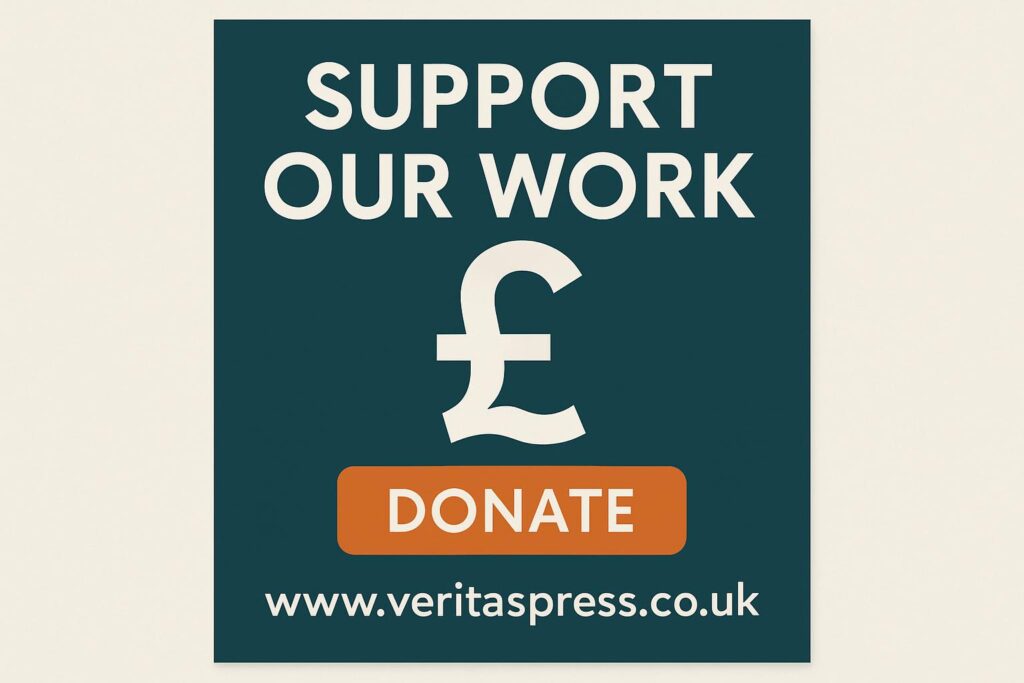
Western recognition of Palestine signals a shift in rhetoric, shaped by Palestinian steadfastness and global solidarity, but it remains contested in meaning.
On 21 September 2025, three major Western powers, the United Kingdom, Canada, and Australia, formally recognised the State of Palestine. The moves came in coordination, ahead of the United Nations General Assembly, and were joined almost immediately by Portugal. France and several other European nations are expected to follow.
The governments making the recognition said that it was intended to keep alive the possibility of a “two-state solution,” to respond to the humanitarian crisis in Gaza, and to counter what they see as Israeli policies, including settlement expansion, that have undermined prospects for Palestinian statehood.
Reactions From Key Actors:
Israel:
- Prime Minister Benjamin Netanyahu rejected the recognition forcefully. He called them “a reward for terrorism” and declared that “a Palestinian state will not be established west of the Jordan River.”
- Israeli opposition figures blamed Netanyahu and his far-right coalition for Israel’s diplomatic isolation. Yair Golan (Democratic Party) described the recognitions as a political failure of the government.
- Far-right ministers, including Itamar Ben-Gvir and Bezalel Smotrich, called for immediate annexation of the West Bank in response.
Palestinian Leadership And Public Opinion:
- Mahmoud Abbas, President of the Palestinian Authority, called the recognition “an important step toward achieving a just and lasting peace in the region based on the two-state solution.”
- Hamas, meanwhile, hailed the move as a victory for Palestinian rights. They viewed the recognitions as an affirmation of their struggle, though they continue to call for more radical steps.
Other International Voices:
- From the UK, Prime Minister Keir Starmer defended the decision as one aimed at reviving peace, not legitimising Hamas. He repeated that Hamas would have no role in any future Palestinian government or security arrangement.
- Canada’s Prime Minister Mark Carney insisted recognition does not condone terrorism, and said it strengthens those pushing for peaceful coexistence. He emphasised that the Palestinian Authority had made commitments, elections, and demilitarisation, so that “Hamas can play no part.”
- Australia’s leadership said the recognition was in line with international consensus, contingent on certain conditions (e.g. no role for Hamas, a ceasefire in Gaza, and release of hostages).
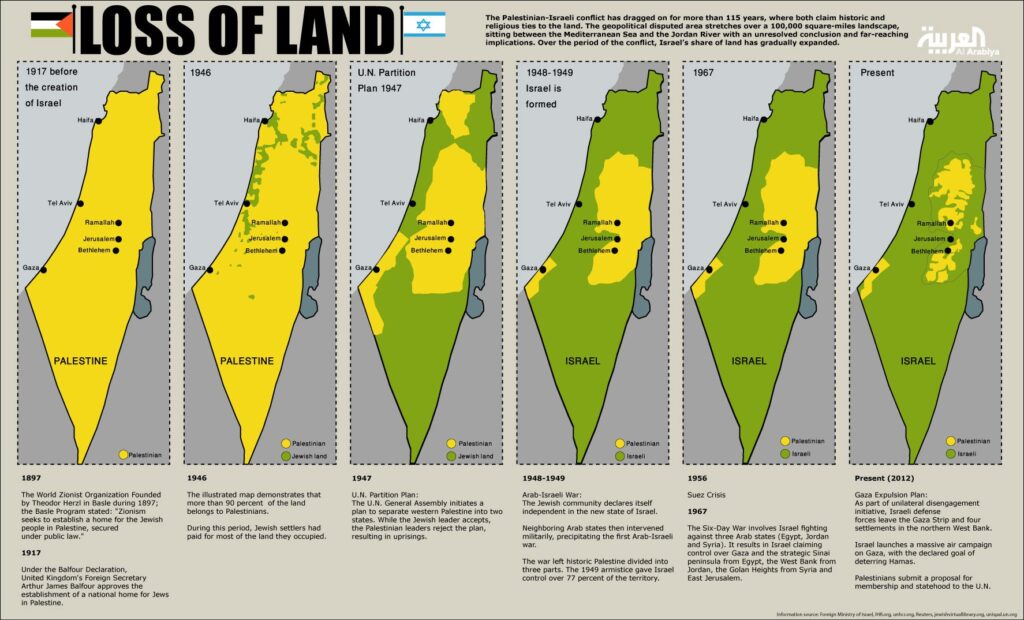
Critical Voices & Civil Society:
- Hostage families in Israel have condemned the move, saying recognition while Israeli hostages remain in captivity is a betrayal.
- Among Palestinians, especially in Gaza and the West Bank, many welcomed it as redress for decades of diplomatic marginalisation. Some expressed frustration, though, that while recognition is symbolic, it changes little on the ground in terms of movement, access, security, and sovereignty.
- Analysts have noted that this shift reflects rising international impatience with Israel’s policies, especially its military operations in Gaza and settlement expansion.
Historical & Legal Context:
To understand the significance, it’s necessary to situate this moment in a longer history.
- The Balfour Declaration (1917) and the British Mandate that followed laid the groundwork for the establishment of Israel, while the promise in the same documents about protecting the civil and religious rights of non-Jewish communities in Palestine was often neglected.
- Over the decades, many countries have recognised Palestine. Before this wave, about 147 out of 193 UN member states had already done so. However, recognitions by powerful Western allies had been rare or conditioned on peace negotiations.
- Debates in international law (e.g. Montevideo Convention criteria: defined territory, permanent population, effective government, capacity to enter into relations with other states) have long been used by those opposed to unilateral recognition to argue that Palestine does not yet meet all requirements. UK ministers have recently dismissed concerns from legal experts that recognition might breach international law.
What The Recognition Changes, And What It Doesn’t:
While these recognitions are historic and symbolically powerful, several caveats and limits mean their impact is uncertain.
- Symbolic vs. Practical
The recognition does not by itself change control on the ground. Israel continues to occupy large swathes of the West Bank, controls land, air, and borders; Gaza remains under blockade and war. Recognition does not eliminate those realities. Negotiated outcomes, enforcement of international law, and shifts in power remain critical. - Conditional Recognition
All three recognitions came with conditions. For example, recognition by Canada and Australia was tied to commitments from the Palestinian Authority around elections, governance, demilitarisation, and exclusion of Hamas. The UK’s recognition is based on the 1967 borders to be finalised in further negotiations, and it insists Hamas will have no role. These conditions make the recognition less than a blank cheque; it is not recognition of whatever form of state might emerge, but of one shaped by external expectations and diplomatic pressure. - Domestic Political Constraints & Risks
- In Israel, the far right is using the recognitions as a trigger to push for annexation in the West Bank, or intensification of settlement policies. Netanyahu has warned of “annexation” as a possible counter-measure.
- In the recognising countries, there is domestic opposition. In the UK, critics argue that recognition without conditions rewards Hamas and undermines hostage negotiations or Israel’s security. For example, Kemi Badenoch called the decision “a reward for terrorism.”
- International Legal and Institutional Limitations
Recognition by states boosts diplomatic status, allows diplomatic missions to be upgraded, and possibly opens more access to international institutions. But full UN membership remains contingent on Security Council approval. Also, enforcement of rights (e.g. movement, sovereignty, border control) depends on power, legal mechanisms, and political will, elements often lacking. - Rhetoric Shifts vs. Policy Shifts
These recognitions shift the rhetoric significantly. They signal that several Western nations see the previous diplomatic framing, recognition only after negotiations, or as a prize for Israel returning to some negotiation path, as no longer viable or sufficient. They reflect frustration with what many see as Israel’s systematic undermining of the two-state framework. However, rhetoric is easier changed than policy, especially when it conflicts with powerful domestic interests (settler lobbies, security establishment) or with long-standing alliances (e.g. US-Israel relations).
Critical Questions: Deeper Analysis.
To fully grasp what these recognitions mean and to evaluate their potential, we need to ask several critical questions.
- What will be the concrete follow-through?
Will recognition be followed by diplomatic upgrades (embedding embassies or full diplomatic relations), trade/political pressure, sanctions, or legal action under international law? Or is it largely symbolic? Will these governments use recognition as leverage to push Israel toward ceasefires, accountability, or stopping settlement expansion? For example, the UK government says it will press for a peace plan at the UN summit. - Can the two-state solution still be rescued?
Many argue that Israeli actions (settlements, annexation policies, fragmentation of the West Bank, siege of Gaza) have made a sovereign, contiguous, viable Palestinian state extremely difficult. Recognition now may salvage the language of two states, but if the territorial, infrastructural, and governance realities do not shift, recognition might risk becoming an empty phrase. - What is the role of civil society and global solidarity?
These recognitions did not happen in a vacuum. They come after years of protests, campaigns, a resurgent Palestinian voice, legal efforts, and growing public disillusionment with traditional Western policy. Some analysts suggest that without popular pressure in home countries (demonstrations, electoral shifts, media scrutiny), such governments would have hesitated. Furthermore, the recognition may help galvanise civil society to demand greater accountability. - How will Israel respond, and what are the risks of escalation?
Israel has already signalled possible annexation, or increased settlement expansion, as responses. Such steps could inflame regional tensions, provoke retaliation or conflict, and further undermine the feasibility of a negotiated settlement. The international community’s ability to check unilateral Israeli moves will be tested. - What about the US and broader international alignment?
So far, the United States has been resistant to these recognitions and remains a powerful actor in the region. If the US holds its current policy or sidelines these recognitions, its effectiveness is limited. Meanwhile, the recognition of Palestine by more countries, especially powerful ones, might shift UN voting blocs, legal interpretations, and diplomacy, but only gradually. - Legitimacy and coherence of governance on the Palestinian side.
The conditions tied to recognition often hinge on Palestinian governance reforms. Questions remain about the relationship between the Palestinian Authority (governing parts of the West Bank), Hamas (controlling Gaza), accountability, elections, human rights, and whether a unified Palestinian government can be formed under the conditions being insisted upon.
The Meaning For Palestinians:
For many Palestinians, both leadership and ordinary people, this recognition is welcomed as long overdue. It represents more than policy: it is an acknowledgement of their existence, suffering, and rights after decades of displacement, occupation, and often being treated as objects of negotiations rather than subjects of rights.
Several Palestinians in Gaza have said (in reports) that while recognition does not stop bombs or border closures, the psychological and diplomatic affirmation matters. It gives them renewed leverage in international institutions, perhaps improves the prospects for legal recourse, and strengthens the narrative of justice in their claim.
What Is New About This Moment:
Putting together the facts, here are what stand out as shifts in this moment:
- Powerful Western Allies Breaking Long-Held Reluctance. The UK and Australia, both historically allied with Israel, have until very recently resisted unconditional recognition. Their move now marks a break with long-standing policy.
- Coordination and Timing. These recognitions did not happen in isolation but were coordinated, just ahead of major diplomatic milestones (UNGA). That suggests a strategic decision, not a spontaneous gesture.
- Public Opinion Influencing Foreign Policy. In many of these recognising states, public protests and civil society mobilisations have pushed governments to take bolder stances.
- Linking of Humanitarian Crisis + Legal / Diplomatic Tools. These recognitions come amid revelations, reporting, and UN investigations into civilian suffering in Gaza; increasing belief that legal and diplomatic pressure must accompany, or even precede, negotiated peace.
What Still Remains To Be Done / Challenges:
Despite their importance, these recognitions face many challenges:
- No certainty of peace: The war in Gaza continues; over 100,000 Palestinians have died; the humanitarian crisis is acute. Recognition does nothing to immediately halt war or displacement.
- The issue of hostages: With Israeli hostages still in captivity, many in Israel (and globally) view recognition as insensitive or dangerous, potentially undercutting negotiations.
- Long-standing institutional and legal obstacles: Borders, sovereignty, control over airspace, movement, and governance capacity all remain contested and unresolved. Recognition does not magically resolve them.
- Israeli political dynamics: The coalition that Netanyahu leads includes hardline, expansionist elements; domestic political pressures may push for harsher measures in response to recognitions, potentially exacerbating conflicts rather than calming them.
- US response: The US continues to hold significant influence, diplomatic, military, and economic, in the Middle East. Unless the US also shifts substantially, isolated recognitions may struggle to shape outcomes.
What The Move Really Means:
Putting together all of the above, we can offer several critical interpretations of what this moment says and warns about.
- It underscores the failure of diplomacy as previously practised. Recognition comes not because negotiations succeeded, but because they have failed, or become impossible due to persistent occupation, settlement expansion, border control and humanitarian catastrophe. Western governments are implicitly acknowledging that sticking to the old formula (“recognise only in context of peace negotiations”) has enabled status quo violations.
- It is partly reactive, not proactive. The move seems to be driven less by a proactive peace plan, more by moral outrage, domestic pressure, and international isolation. This means its framing is defensive: “to keep the two-state solution alive,” rather than laying out how recognition will change behaviour.
- It risks being co-opted as a symbolic escape valve. If recognition becomes the endpoint in itself, governments may hope that symbolism will relieve pressure from stopping war, from demanding accountability, or from providing humanitarian relief. That is a risk: recognition without follow-up may demobilise activism rather than empower it.
- It tests the boundary between rhetoric and enforcement in international law. With UN investigators calling out alleged genocide in Gaza, with accusations of war crimes, etc., recognition could be a tool (if used with legal proceedings, sanctions, etc.). Or, it could remain rhetorical. The willingness to arrest criminals and enforce norms will measure the credibility of these recognising governments.
- Geopolitics is shifting. These recognitions show that strategic alliances and foreign policy priorities are being recalibrated. The cost (diplomatic, possibly economic) of supporting Israel without accountability appears now higher for some Western countries. It suggests that moral, legal, and civil society pressures are starting to weigh more heavily.
Quotes & Eyewitness/Local Voices:
To bring this to life, here are voices from people who are living with the consequences or observing them directly:
- In a café close to the Prime Minister’s residence in Jerusalem, shop-owner Shira Hazan (55) said: “Of course I’m angry… But what changes? Britain doesn’t bury its soldiers. It’s just politics.”
- Another local patron in that same café dismissed the recognition as “colonial arrogance, nothing less,” suggesting that such diplomatic gestures are insufficient.
- From Gaza, reports indicate many feel the recognition does little in the face of daily bombing, blockade, and displacement; yet some describe the diplomatic shift as solace, as recognition finally catching up with reality.
Conclusion: Recognition As Rhetorical Theatre.
The coordinated recognitions of a Palestinian state by the UK, Canada, Australia and others have been heralded as a historic breakthrough. Yet the reaction from Israel’s political and military leadership reveals why many Palestinians and independent analysts see them as little more than rhetorical theatre, a symbolic gesture masking the ongoing destruction of the very conditions necessary for Palestinian statehood.
Prime Minister Benjamin Netanyahu has repeatedly declared: “It will not happen. A Palestinian state will not be established west of the Jordan River.” Far-right ministers sharpened that pledge into a strategy. Itamar Ben-Gvir demanded “the immediate application of sovereignty in Judea and Samaria” and the “complete dismantling of the Palestinian Authority,” while Bezalel Smotrich insisted the “foolish idea of a Palestinian state” be removed from the agenda forever.
Across the Atlantic, a group of Democratic senators has bucked Washington orthodoxy by urging U.S. recognition of a demilitarised Palestinian state alongside Israel, a sign of fracturing consensus even in Israel’s closest ally. Yet this stands in stark contrast to the Israeli government’s hardening position and the expanding settlement and annexation drive on the ground.
International investigators warn that these are not empty threats. The UN Commission of Inquiry and rights organisations, including Amnesty International, have documented patterns of mass killings, forced displacement, starvation, and destruction of civilian infrastructure in Gaza that amount to genocide. Analysts caution that Israel’s trajectory, annexation of land, destruction of homes, criminalisation of Palestinian institutions, points toward a grim future in which Palestinians are corralled into what amount to concentration camp-styled encampments: isolated, surveilled, and deprived of the means to sustain life, echoing policies of ethnic cleansing.
This reality underscores the central contradiction: Western governments hail recognition as progress, while Israeli leaders openly pursue a project of territorial erasure and demographic engineering. Recognition without enforcement, without sanctions, arms embargoes, international justice referrals, and measures to end impunity risks laundering annexation under the guise of diplomacy.
In blunt terms, unless recognition is tied to concrete, enforceable consequences, it will function as a mask for the de facto annexation of Gaza, the West Bank, and the entire occupied Palestinian territory. Palestinians will not be living in a sovereign state but in fragmented prison-like zones, subject to further massacres, forced displacement, and the deliberate making of life unliveable.
Recognition, then, must not be the end of the conversation. If it is to mean anything beyond political optics, it must serve as the beginning of sustained international accountability, or else risk cementing a future where Palestine exists only as a name, while its people are confined to enclaves of despair under an apartheid system that the world has already vowed never to allow again.
Advertisements
Tags:








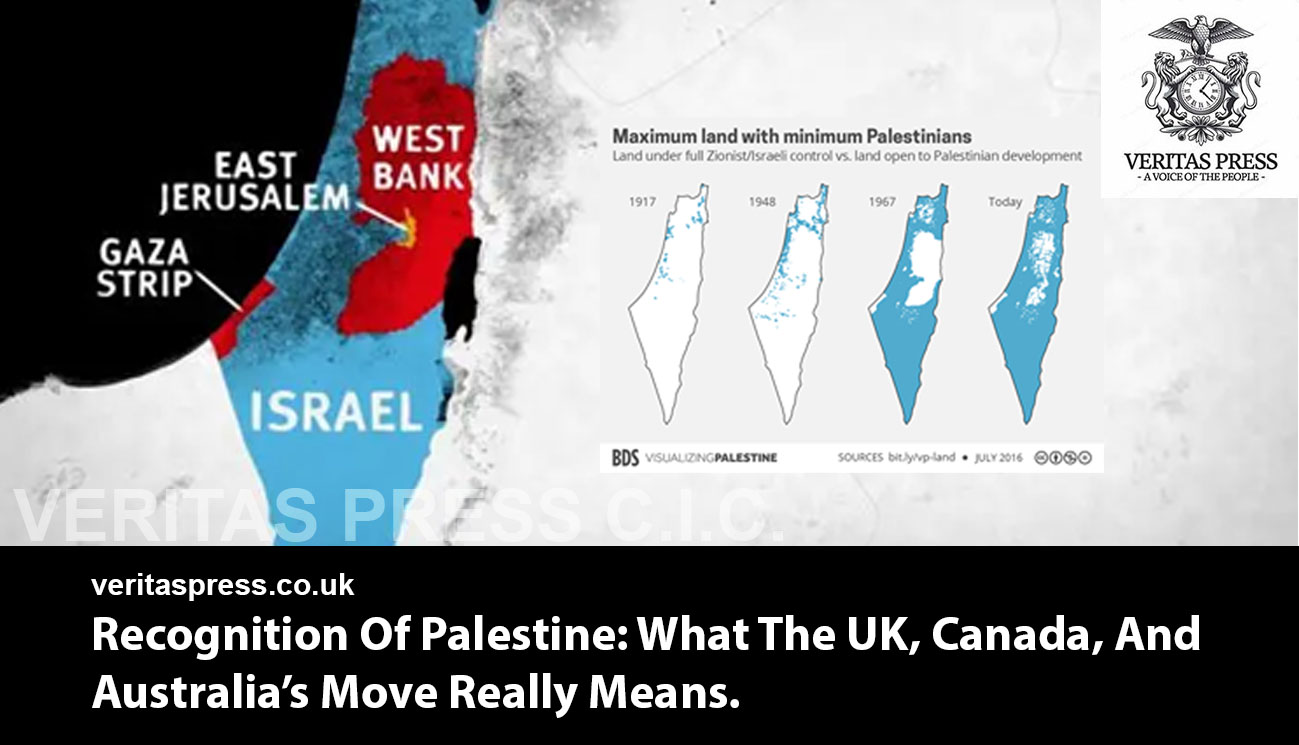






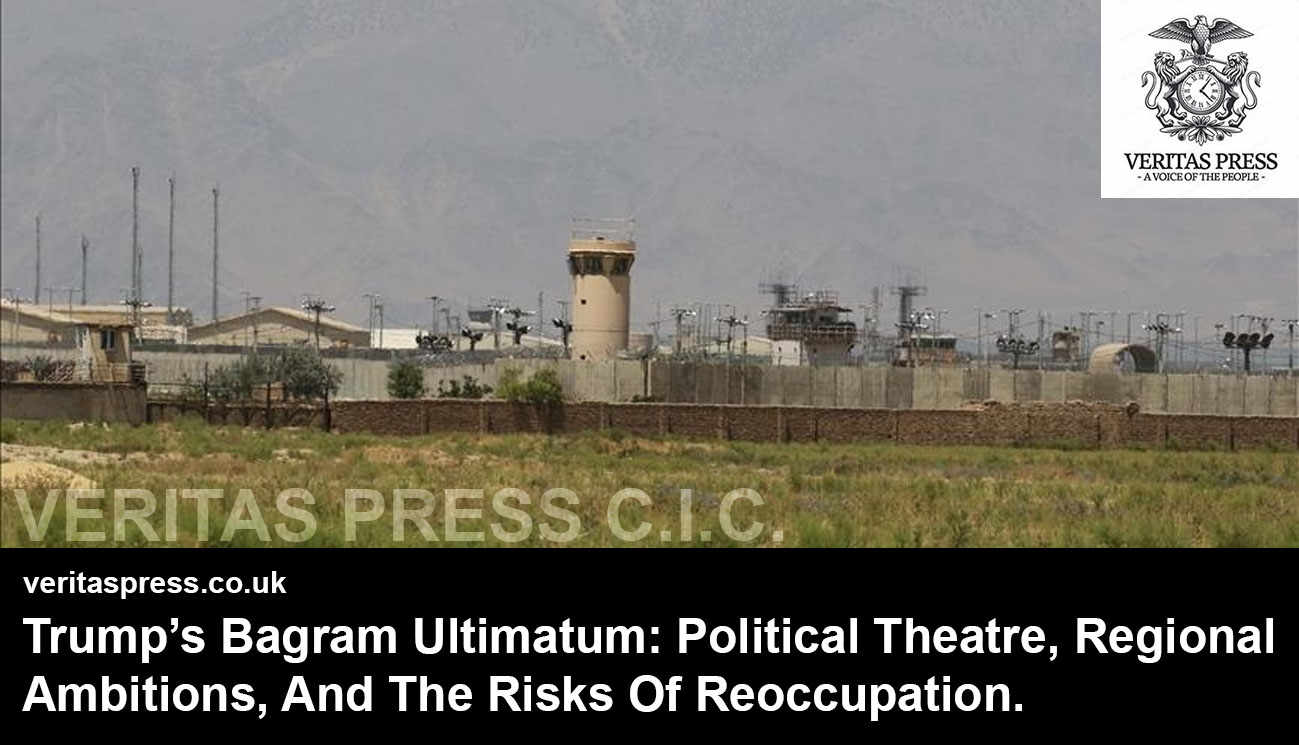
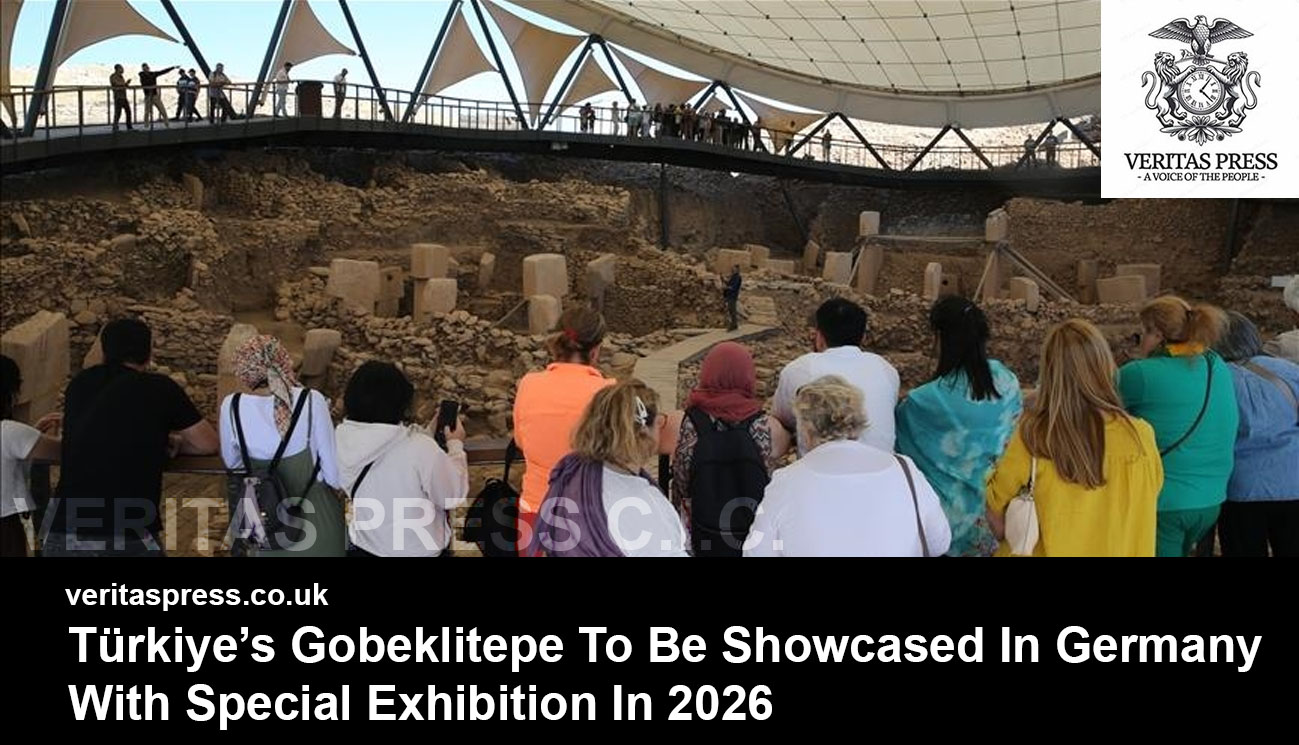












Leave a Reply